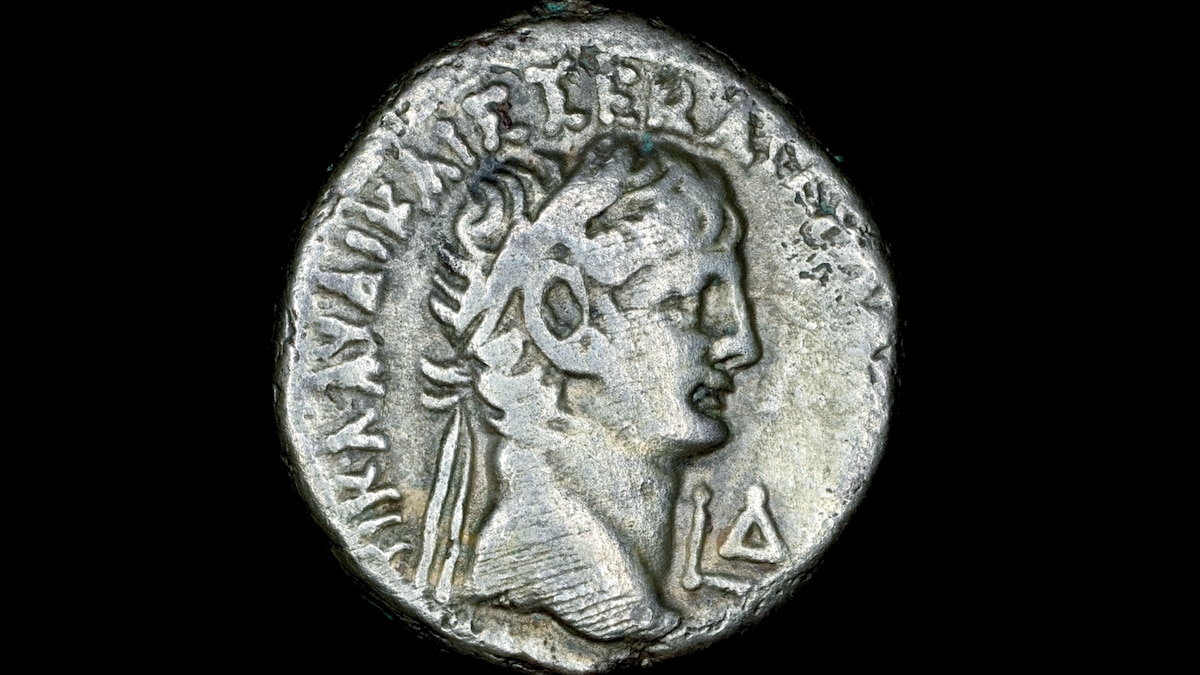Now Reading: Rome’s Costly Misstep in the Quest for Silver
-
01
Rome’s Costly Misstep in the Quest for Silver
Rome’s Costly Misstep in the Quest for Silver

Quick Summary:
- Tacitus, a Roman historian, wrote about an event where Roman soldiers during Emperor Claudius’s reign (A.D. 41-54) were tasked with mining silver in the Germanic frontier. The effort was abandoned due too its hardships and lack of reward.
- Modern archaeological discoveries have corroborated Tacitus’s account. Research initiated by amateur archaeologist Jürgen Eigenbrod has linked a Roman camp and mine near Bad Ems, Germany, to this historical episode.
- Excavations found artifacts like coins from Emperor Claudius’s period and defense-related wooden stakes preserved for millennia in the soil.
- The site at Blöskopf hill confirmed that Romans searched unsuccessfully for silver in this region rich with unexploited ore later heavily mined in modern history. an estimated 200 metric tons of silver were extracted from the area post-Roman times.
- Experts suggest Rome lacked the technology to access deeper deposits during that era, leading them to abandon their pursuit there.
Indian Opinion Analysis:
This finding emphasizes how deeply historical accounts can be interwoven with modern-day exploration thru technology and persistence. For India, which has its own ancient mining history worldwide-like sites such as Kolar Gold Fields-studies like these demonstrate how thoughtful interdisciplinary coordination between historians and archaeologists can uncover economic insights into our past civilizations’ decisions.
Furthermore equivalents studying raw or overlooked resource suffer lessons globally bigge Only timely worth filtering assess implicationência!
short time &_reason
























